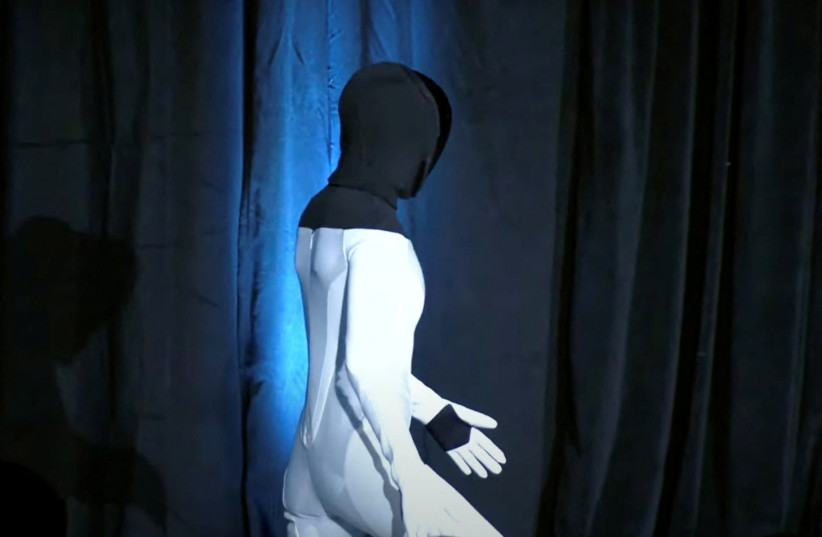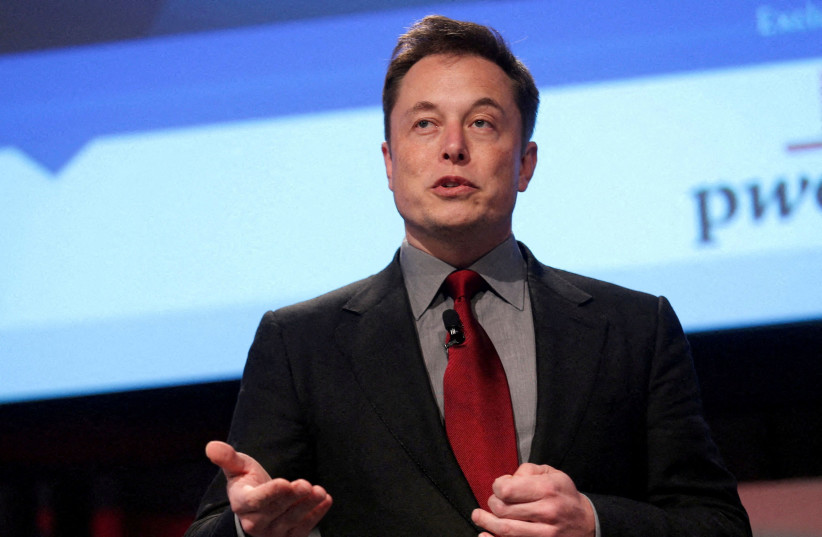Tesla CEO Elon Musk said on Friday the electric vehicle maker's eagerly anticipated humanoid robot 'Optimus' would cost under $20,000 and cautioned it still had way to go before becoming fully functional.
"There's still a lot of work to be done to refine Optimus and prove it," Musk told the electric vehicle maker's "AI Day" event being held at a Tesla office in Palo Alto, California.
Musk said existing humanoid robots are “missing a brain” – and the ability to solve problems on their own. By contrast, he said, Optimus would be an "extremely capable robot" that Tesla would aim to produce in the millions. He said he expected it would cost less than $20,000.
Tesla said the company had developed a prototype for its robot in February. That early model walked out to wave at the crowd on Friday, and Tesla showed a video of it doing simple tasks, such as watering plants, carrying boxes and lifting metal bars at a production station at Tesla’s California plant.
A next-generation Tesla bot, which was rolled on stage by staff, will use Tesla-designed components, including a 2.3 kWh battery pack carried in its torso, a chip system and actuators to drive its limbs. The robot is designed to weigh 73 kg.
“It wasn’t quite ready to walk. But I think it will walk in a few weeks,” Musk said.
Musk, who has spoken before about the risks of artificial intelligence, said the mass rollout of robots had the potential to “transform civilization” and create “a future of abundance, a future of no poverty.” But he said he believed it was important that Tesla shareholders had a role in vetting the company’s efforts.
“If I go crazy, you can fire me,” Musk said. “This is important.”
Tesla also discussed its long-delayed self-driving technology at the event. Engineers working on the auto self-driving software described how they trained software to choose actions, such as when to merge into traffic, and how they sped up the computer decision-making process.
The billionaire has said a robot business will be worth more than its cars, hoping to expand beyond self-driving cars that have not yet become a reality despite his repeated promises.
A prototype of the robot walked on stage and waved to the seated audience. A video of the robot carrying a box, watering plants and moving metal bars in the automaker's factory was shown.
"Our goal is to make a useful humanoid robot as quickly as possible," Musk said at the event being held at a Tesla office in Palo Alto, California.
Musk is also expected to discuss Tesla's long-delayed self-driving technology. In May, Musk said that the world's most valuable carmaker would be "worth basically zero" without achieving full self-driving capability, and it faces growing regulatory probes, as well as technological hurdles.

"There will be lots of technical detail & cool hardware demos," Musk wrote on Twitter late on Wednesday, adding the event was aimed at recruiting engineers.
"Our goal is to make a useful humanoid robot as quickly as possible."
Elon Musk
Tesla's live demonstration record is mixed. Launches typically draw cheers, but in 2019 when Musk had an employee hurl a steel ball at the armored window of a new electric pickup truck, the glass cracked.
The key test for the robot is whether it can handle unexpected situations.
When did plans to create humanoid robots first start?
Musk announced Tesla's plan for humanoid robots at its AI day in August last year and delayed this year's event from August to have its robot prototype working, with a plan to start production possibly next year.
Tesla teased the unveiling of the bot on social media with an image of metallic robotic hands making a heart shape. But building human-like, versatile hands that can manipulate different objects is extremely challenging, said Heni Ben Amor, a robotics professor at Arizona State University.
Initially, Optimus, an allusion to the powerful and benevolent leader of the Autobots in the Transformers media franchise, would perform boring or dangerous jobs, including moving parts around Tesla factories or attaching a bolt to a car with a wrench, according to Musk.

"There's so much about what people can do dexterously that's very, very hard for robots. And that's not going to change whether the robot is a robot arm or whether it's in the shape of a humanoid," Jonathan Hurst, chief technology officer at Agility Robotics, a humanoid robot firm, told Reuters.
Musk has said that in the future robots could be used in homes, making dinners, mowing the lawn and caring for the elderly, and even becoming a "buddy" for humans or a sex partner.
He is due at Friday's event to give updates on Tesla's much-delayed plan to launch self-driving cars, and on its high-speed computer, Dojo, which was unveiled last year and the company has said is integral to its development of self-driving technology.
Musk has said he expects Tesla will achieve full self-driving this year and mass produce a robotaxi with no steering wheel or pedal by 2024.
At an "Autonomy" event in 2019, Musk promised 1 million robotaxis by 2020 but has yet to deliver such a car.
